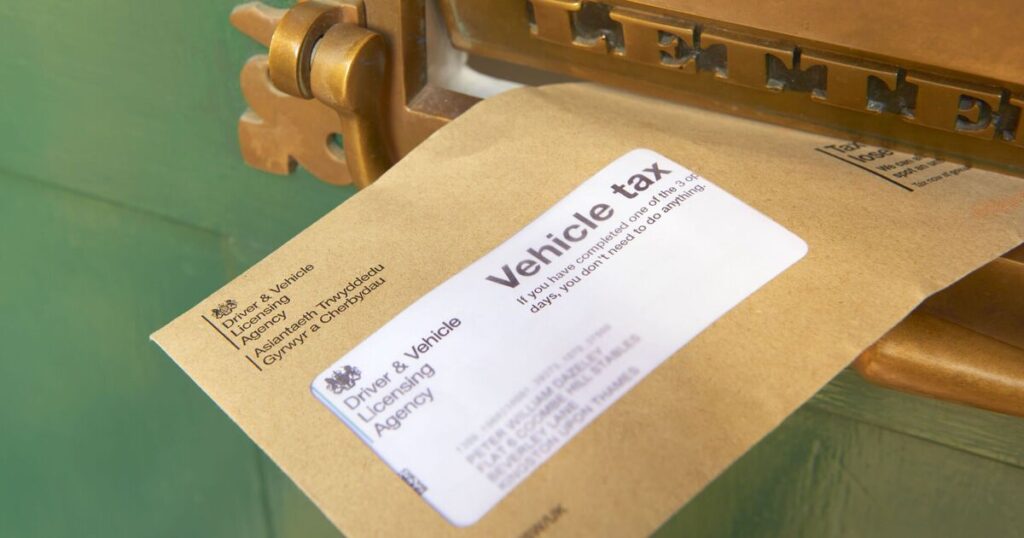
A motoring expert has explained how car owners can avoid a looming £195 Vehicle Excise Duty (VED) rise that begins in April 2025. Currently exempt from tax, electric vehicles (EVs) are facing paying for the first time.
Jonathan Such, from the car finance firm First Response Finance, said: “Until now, one of the major benefits of owning an electric vehicle has been the financial incentives that come with them. One of the main ones being Vehicle Excise Duty (VED) exemption.”
He warned of the upcoming shifts in vehicle taxation, emphasising: “However, with car tax rules changing in April, EV owners will now face paying car tax the same way as drivers of petrol and diesel cars, costing typically around £195 per year. However, by renewing your vehicle tax before April 2025, you could avoid paying Vehicle Excise Duty (VED) for an extra year, saving yourself £195 or more.
“Getting in there early means you’ll delay the deadline for paying tax on your EV to when it’s next due for renewal. This will be in March 2026, assuming you renew in March 2025.
“It is simple to do, and you can re-tax it at any time on the Government website, using your registration number and the reference number on your V5C Registration Certificate (logbook). This simple step could make a real difference as millions of drivers start facing these additional costs. Whether you’re looking at financing your next car or managing your current costs, small savings like this can really add up.”
New car tax rules from April 2025
The Government has announced that from April 1, 2025, owners of electric, zero, or low-emission cars, vans, and motorcycles will be required to pay vehicle tax in the same way as petrol and diesel vehicles. This change will apply to both new and existing vehicles.
The Government stated: “This new measure removes band A under the existing VED system, which is currently £0. Vehicles in this band will be required to move to the first band where a rate becomes payable.”
For electric, zero or low-emission cars registered on or after April 1, 2025, the lowest first year rate of vehicle tax will be set at £10 from April 1, 2025. From the second tax payment onwards, the standard rate of £195 will apply.
For electric, zero or low-emission cars registered between April 1, 2017, and March 31, 2025, the standard rate of £195 will apply.
For electric, zero or low-emission cars registered between March 1, 2001, and March 31, 2017, these vehicles will move to the first band that has a VED value, which will be £20.
The £10 annual discount for hybrid and alternatively fuelled vehicles (AFVs) will be scrapped, with the rate payable depending on when the vehicle was first registered. For vehicles registered before April 1, 2017, the rate will be based on CO2 emissions, while those registered on or after this date will pay a standard rate of £195.
Most electric vans will now be subject to the standard annual rate for light goods vehicles. Electric motorcycles and tricycles will move to the annual rate for the smallest engine size.
From April 1, 2025, new electric and zero-emission vehicles costing over £40,000 will attract the standard rate plus an expensive car supplement for the first five years from the start of the second licence.
 Latest World Breaking News Online News Portal
Latest World Breaking News Online News Portal






